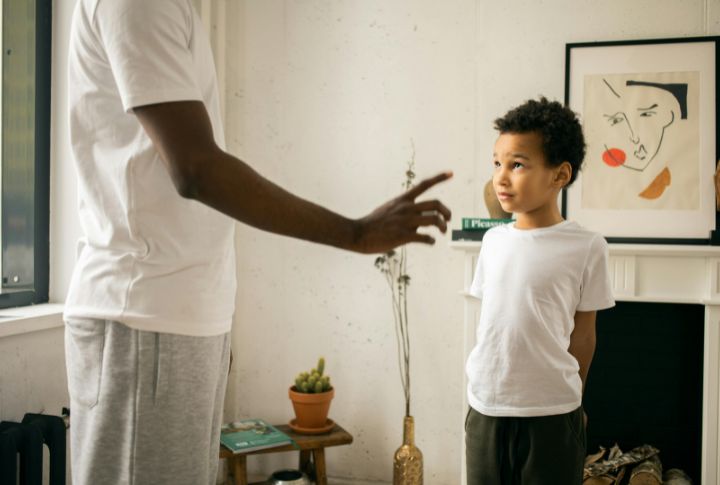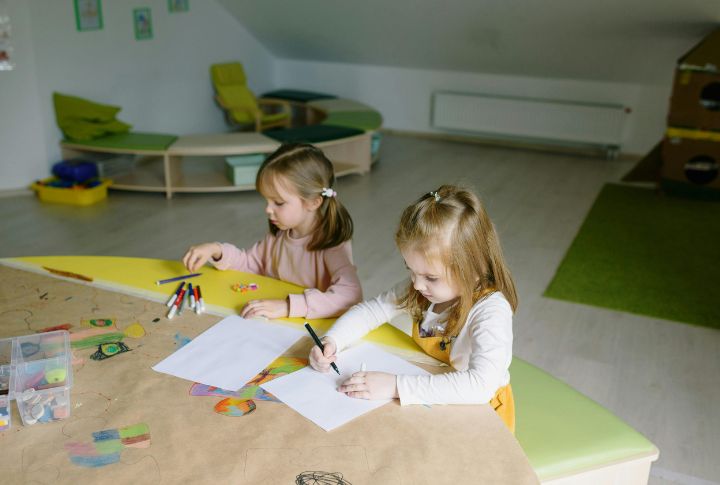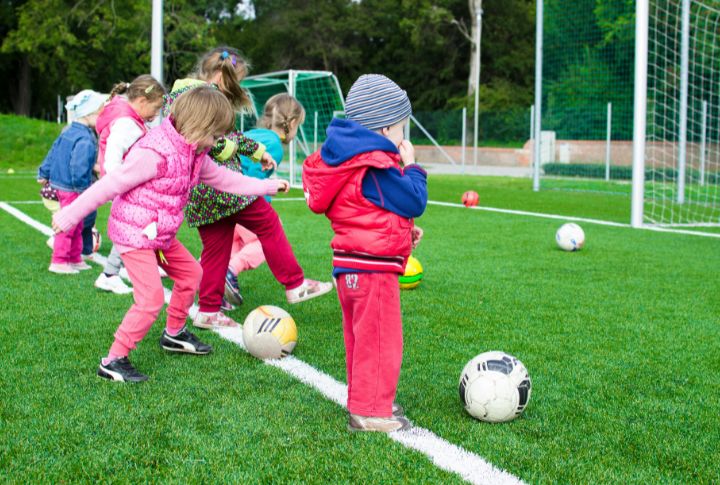
These folks grew up on a strange mix of advice and contradictions. They were told to dream big, but not too big. To be polite, but never push back. Years later, many are quietly unpacking those lessons, the ones that didn’t quite sit right, and realizing how deeply their upbringing shaped their adult choices. Here are a few instances.
Being Told College Was The Guaranteed Path To Success

Remember that shiny college brochure promising a golden ticket to success? Turns out the “guaranteed path” had some fine print that millennials weren’t made aware of. While previous generations rode degrees to stability, today’s graduates are juggling student debt and precarious employment.
Growing Up With “Stranger Danger” Paranoia

What began as a protective shield of “stranger danger” messaging in schools and homes has turned into an unwanted emotional burden for millennials. Parents and educators aimed to create cautious children, but they inadvertently shaped a generation wrestling with persistent social mistrust.
Receiving Participation Trophies, Then Being Mocked For It

Back in the day, well-meaning Boomer parents showered their Millennial kids with participation trophies, convinced this would boost self-esteem. Fast forward to today, and those same trophy-dispensing generations are gleefully mocking Millennials as “entitled” and “lacking resilience.”
Being Raised On Food Pyramid Misinformation

Like a relic from their school days, millennials can’t help but remember those colorful food pyramid posters preaching six to eleven daily servings of bread and pasta. What seemed like a scientific fact was later exposed as industry-influenced guidance, with its high-carb focus and limited healthy fats.
Having Mental Health Struggles Dismissed As Weakness

Picture a young millennial being told to “toughen up” when sharing their anxiety—now fast-forward to that same person hesitating to dial a therapist two decades later. That childhood environment, where mental health discussions were taboo and emotional struggles were brushed off as weakness.
Being Taught To Prioritize Politeness Over Boundaries

When well-meaning parents drilled ” politeness above all else” into millennial minds, they accidentally birthed a generation of expert people-pleasers. This childhood programming morphed into an adult inability to say “no” without guilt, leading many millennials to stew silently.
Living Through Constant Standardized Testing

The rise of standardized testing during Millennials’ school years marked more than an educational shift—it became an emotional crucible that shaped a generation. Today, it is a suffocating pressure cooker, leaving students feeling reduced to test scores rather than celebrated for their individuality.
Being Discouraged From Pursuing Creative Careers

As these folks rediscover their creative sparks in adulthood, many are unpacking the quiet weight of childhood dreams deferred—when “practical” majors trumped artistic passions, and parental concerns about stability converted potential careers into mere hobbies. That subtle devaluation of creative pursuits left an undertow of unspoken resentment.
Growing Up With Limited Tech Access

Picture a millennial childhood: dial-up internet’s familiar screech, sharing the family’s lone computer, and limited online time. Fast forward to today, where these same individuals face workplaces that demand instant digital mastery and tech fluency. Such kills were never formally taught to them.
Being Told To Never Question Authority

The echoes of “because I said so” still reverberate through millennial minds, shaped by childhoods where questioning authority was treated as defiance rather than growth. This enforced compliance carved deep grooves of self-doubt, leaving a generation struggling to find its voice.
Having No Language For Neurodivergence

In an era of silence around cognitive differences, children who learned and thought differently often faced dismissal as simply lazy or problematic. Without a mainstream understanding of ADHD, autism, and other neurodivergent traits, an entire generation navigated their unique mental wiring alone.
Being Raised With Gendered Expectations

Ever wonder why so many millennials hit career crossroads with an oddly familiar frustration? Turns out those childhood gender guardrails of steering boys out of art class and girls out of science didn’t magically vanish with adulthood. Instead, they quietly morphed into real-world limitations.
Being Taught That Homeownership Was A Universal Milestone

A quiet resentment simmers among a generation grappling with an inherited expectation that now feels like a cruel joke. The source is being raised to view homeownership as adulthood’s non-negotiable badge of success, only to discover that economic forces have shattered that promised milestone.
Growing Up With Minimal Financial Literacy

The financial literacy gap haunting millennials isn’t just about missing budgeting lessons or credit basics; it’s a systemic blind spot that’s left an entire generation playing catch-up. But where traditional education fell short, digital solutions are stepping in, with apps, online communities, and financial platforms.
Being Pushed Into Extracurricular Overload

Remember those resume-padding glory days when every kid was destined to master violin, soccer, chess club, and competitive origami? While this achievement-driven extracurricular bonanza seemed like smart parenting at the time, many millennials now quietly nurse the scars of childhood burnout.
Having Limited Emotional Modeling From Adults

Today’s millennial professionals may excel at data analysis and digital innovation, yet many struggle silently with emotional expression. This hesitation echoes through time to quiet dinner tables and unspoken feelings, where parents rarely modeled healthy ways to process emotions.
Being Told To “Just Ignore Bullies”

That seemingly simple directive to “just ignore bullies” made its way through an entire generation, as millennials learned to swallow their pain rather than expect support. What started as well-intentioned advice morphed into a lasting source of resentment, teaching kids to doubt their experiences and internalize harassment.
Being Taught That Loyalty To Family Overrides Personal Well-Being

Growing up, millennials dutifully swallowed the “family comes first” mantra like a daily vitamin, only to discover it had some nasty side effects. After years of suppressing their own well-being for family harmony, many are finally trading inherited guilt for healthy boundaries.
Growing Up With Constant Diet Talk

Between Atkins shakes and South Beach meal plans, these folks spent their formative years marinating in a soup of diet talk and body anxiety. It usually began as chatter about weight loss and food rules, then gradually seeped into their psyches, leaving them with a complex legacy of body image issues.
Being Raised To Equate Busyness With Worth

Growing up, they also absorbed a potent message: their worth was measured by how packed their schedules were and how productive they stayed. This inherited equation of busyness with value now fuels widespread burnout and guilt around rest. Yet many are breaking free, choosing mindfulness and work-life boundaries.

